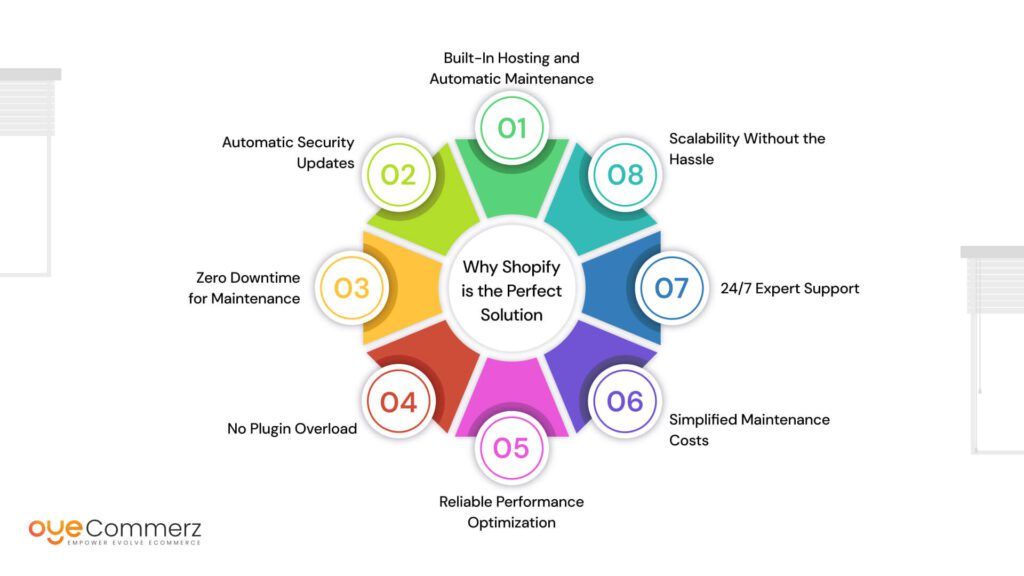In the constantly changing sphere of eCommerce, picking the right platform is essential for your business's growth. If you’re presently using WP and considering a migration to Shopify, you’re not by yourself. Countless businesses are shifting to utilize Shopify’s powerful capabilities, simplicity, and expandability. This guide will guide you on the process of migrating from WordPress to this platform smoothly, making sure that you realize your eCommerce potential.
Why Transition from WordPress to this platform?
Before starting the migration procedure, it’s crucial to know why this transition can be beneficial for your eCommerce business:
Accessible Tools: Shopify offers an intuitive interface that makes easier store handling, allowing for non-technical users.
Flexibility: As your business develops, Shopify can handle greater visitors and sales without compromising efficiency.
All-in-One Solutions: Shopify provides built-in resources for SEO, analytics, payment handling, and additional functionalities, eliminating the necessity for several plugins.
Enhanced Security: With Shopify, you benefit from advanced security protocols that safeguard sensitive customer data.
Steps for a Seamless Migration
Migrating your online store from WP to Shopify requires several actions.
Here’s how to achieve a smooth transition:
Prepare Your Migration Plan
Kick-off by outlining your migration blueprint. Decide on which components of your existing site you plan to migrate, such as:
Item details
Client data
Transaction records
Articles
Select the Best Migration Solution
Considering your needs, select a migration plan that suits your business. Migration experts offers several options:
Starter Package: Ideal for small stores with minimal products.
Regular Option: Recommended for growing businesses with more complex demands.
Premium Migration Package: Perfect for larger stores needing broad customization.
Secure Your Content
Before starting the migration, guarantee that you have a full backup of your WordPress site. This action is critical in case anything goes awry during the transfer.
Extract Your Data from WP
Utilize plugins or custom scripts to export key information from your WP site:
Items
Clients
Transactions
Blog posts
Migrate Data into Shopify
After you have your data exported, employ Shopify’s import tools or external apps to transfer your data into your Shopify store. Verify that all information is correctly formatted and placed.
Customize Your Shopify Site
After migrating data, customize your Shopify site’s design to reflect with your style. Think about hiring a specialist if you need advanced customization.
Set Up Payment Gateways and Logistics
Configure transaction methods and logistics options in Shopify to create a smooth checkout experience for customers.
Implement SEO Standards
To preserve your online visibility during the Shopify migration with OyeCommerz transition:
Use 301 URL mappings from existing URLs to updated ones.
Revise metadata.
Enhance images and copy for SEO.
Review Your Migrated Platform
Ahead of publishing, extensively test your Shopify platform. Check for any discrepancies, transaction errors, or missing data.
Go Live Your Store
When everything is in place, it’s time to launch! Announce the change to your customers and motivate them to explore the enhanced features of your Shopify store.
Post-Migration Assistance
Following publishing your updated store, continued assistance is key. Consider partnering with service Shopify troubleshooting guide providers who can help with:
Technical support
Promotional campaigns
Enhancing features
Conclusion
Migrating from WP to this platform can be a game-changing decision for your online retail. By following this guide and working with professional services like those offered by industry leaders, you can achieve a smooth transition that boosts your business potential. Embrace the opportunity and unlock the advantages of Shopify today!
